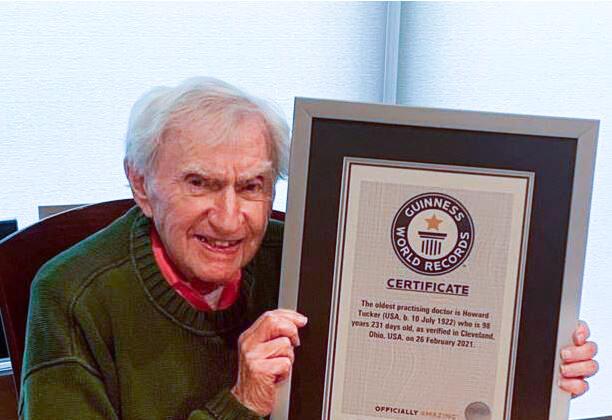In a study from 2017 and leading up to the 2020 pandemic, 41.9 percent of the U.S. adult population was reported as not just overweight but obese, according to the U.S. Centers for Disease Control and Prevention (CDC).
Causes of Obesity
Many people are fully aware that lack of exercise and overeating are the leading causes of obesity, but other factors contribute as well.Lack of Sleep
Studies have now found that not getting enough sleep can interfere with hormone secretion, disrupt the part of the brain that controls appetite, and affect the body’s metabolic efficiency, thereby increasing the risk of obesity.- Decreased glucose tolerance and insulin sensitivity.
- Increased nocturnal concentrations of cortisol.
- Growth hormone releases of more peptides.
- Decreased levels of leptin.
- Increased hunger and appetite.
Stress
According to the National Heart, Lung, and Blood Institute, prolonged exposure to high stress may cause hormonal imbalances that could affect appetite and metabolism. Stress can also lead one to choose unhealthy foods and drinks.Medication
Certain medications, such as birth control pills, hormones, and antidepressants, all have side effects that can lead to weight gain and obesity, according to the National Heart, Lung, and Blood Institute.Irregular Meals
Due to work or busy schedules, some people cannot follow a meal routine. Sometimes they eat more, sometimes less, skip meals or binge eat.TCM’s View on Obesity: Weight Loss Methods Should Be Applied With Caution
TCM believes that obesity is due to body frailty when water and fat cannot be dispelled, thus accumulating inside the body.Among the many TCM classic books is “Fu Qing Zhu Gynecology,” which mainly records the diagnosis and treatment of TCM on female gynecological diseases but also mentions obesity.
This means that obese people accumulate too much water in their bodies. While they may look robust, their internal qi is weak, and the water cannot be discharged completely, so it stays inside, resulting in obesity. The “phlegm” and “water” mentioned here do not refer to water as modern medicine sees it, but the water among the five elements (metal, wood, water, fire, and earth).
TCM believes that the five elements constitute the human body, so the substances that will be metabolized in the body, such as blood, body tissue fluid, urine, fat, and marrow, are all included in this category of “water.” Modern science also believes that the human body is 70 percent water, which coincides with TCM theory.
Achieve Weight Loss by Reducing 1 Meal a Week
The implementation is simple: Choose one meal to skip every week and eat normally the rest of the time to maintain balanced nutrition.A proper diet means regular in both time and quantity for all three daily meals with balanced nutrition. Skipping one meal a week does not mean you can eat whatever you like at other times.
Hu explained that when you stop eating for one meal, while enduring hunger, the fat-containing cells will release leptin, which can help control appetite and regulate fat metabolism in the body, allowing the satiety center to function.
Overall nutrition will not be affected by skipping only one meal and eating balanced meals the rest of the time.




